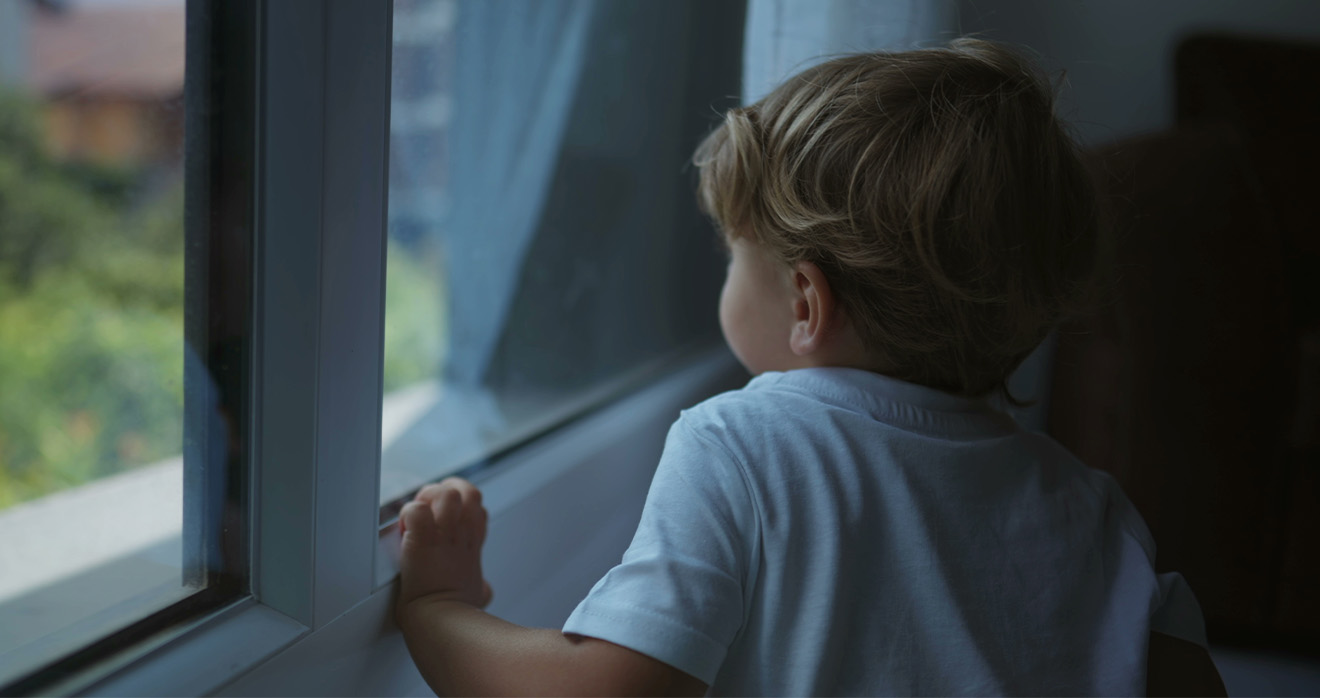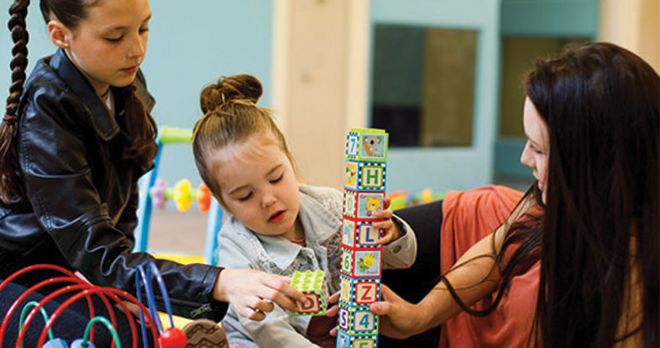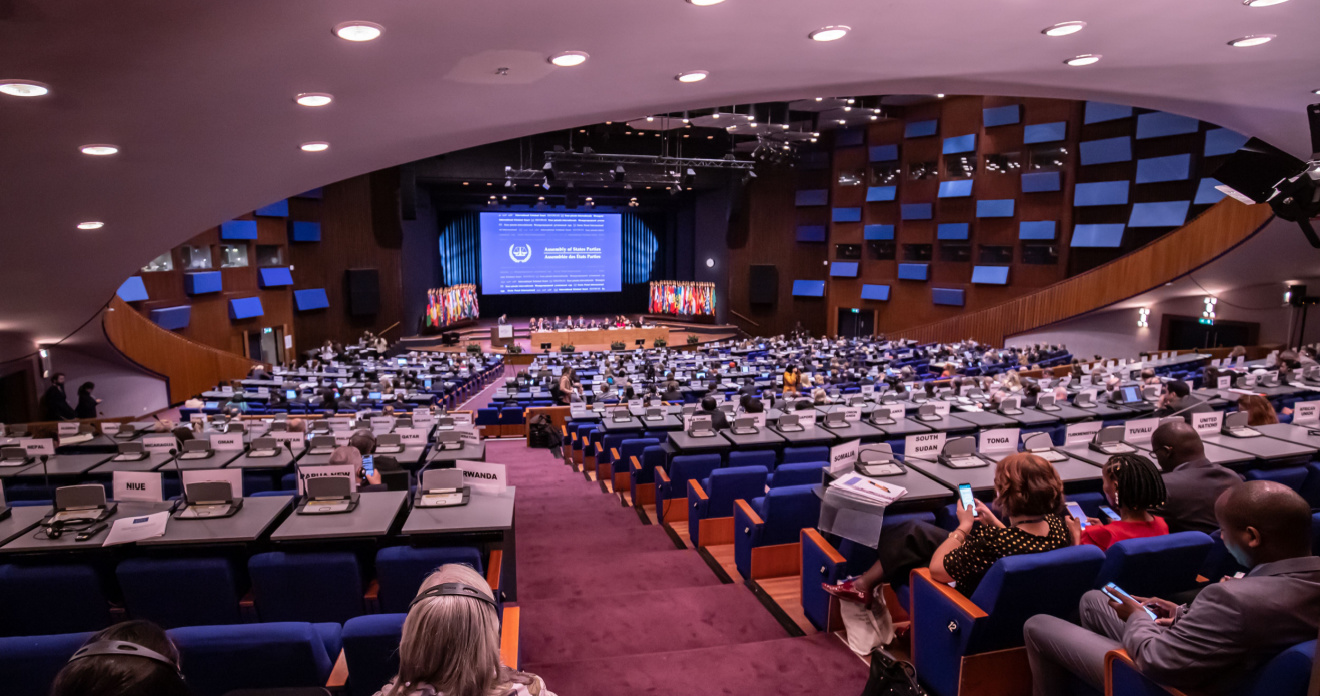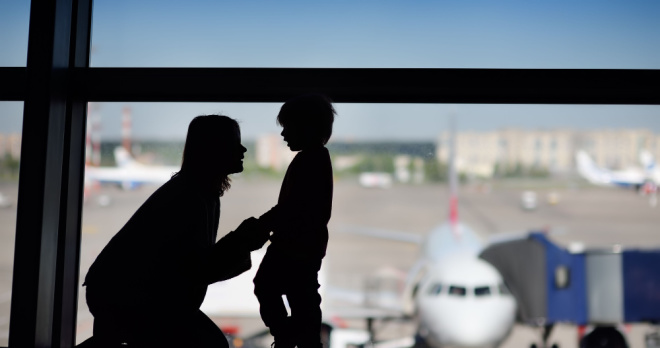Can a local authority consent to the deprivation of a child’s liberty?
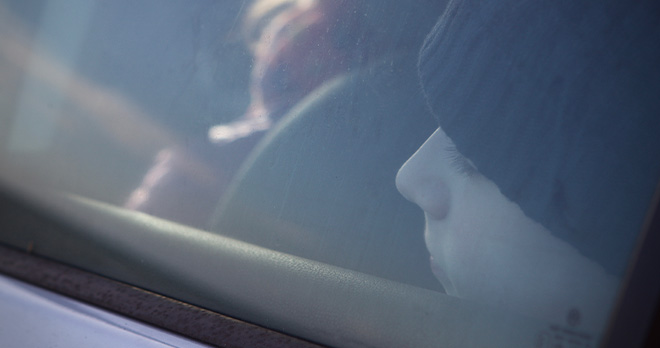
Sophie Webb, Associate in our Family team, is representing the mother in an application by the Local Authority for a Care Order and a Deprivation of Liberty Safeguard (DoLS) Order in respect of a 15-year-old, J, which is due to be heard in the Court of Appeal in February 2025.
The Case
J is a 15 year old with complex additional needs including autism, ADHD, and an eating disorder known as Pica (where he tried to eat non food items). J’s conditions are lifelong, affecting his communication and his cognition, and are unlikely to change for the rest of his life. J is living in a specialist children’s home and is subject to a high level of care and supervision due to his particular needs.
The local authority made an application for a Care Order (so they could share parental responsibility for him with his parents) and for a Deprivation of Liberty Safeguards (DoLS) Order to restrict him if necessary.
The issue of the Care Order was not controversial. All parties agreed that the Local Authority needed to share parental responsibility for J given he was to be in their long-term care. The Care Order was subsequently granted.
The question for the High Court Judge, though, was: would the Local Authority (who had parental responsibility for J under the Care Order) also need a DoLs order due to the high level of care and supervision he was receiving being classed as restrictions? Or could the local authority consent to the deprivation of a liberty for a child under the age of 16 who was in their care?
What is a Deprivation of Liberty Safeguard (DOLS) Order?
Under Article 5 of the European Convention of Human Rights, we all have the right to liberty (freedom). The deprivation of a child’s liberty occurs when restrictions are placed on a child’s liberty beyond what would normally be expected for a child of the same age. These orders are only made in exceptional circumstances.
Examples of deprivation of liberty safeguards may include:
- Physical restraint may be used
- A child to be under supervision at all times, e.g. on 2:1 care
- Doors and windows of the child’s accommodation to be locked
- The use of secure transport
DOLS orders are permissive orders, meaning a local authority (whom has care of the child) is allowed to implement the certain restrictions permitted by the court if it is necessary, but does not demand that they should if it is not.
These orders are usually made in respect of the most vulnerable children and young people, often who have a high level of needs, whether that is due to physical or mental difficulties, learning needs or behavioural difficulties.
By virtue of the court authorising the deprivation of liberty safeguards that are requested, the local authority is given the power to implement those restrictions by order of the court. This means that there is oversight from the courts about what local authorities can and cannot do when depriving a child under the age of 16 of their liberty – authorisation from the court is required to make the situation lawful.
The Decision
In short, whilst Mrs Justice Lieven, sitting in the High Court, did find that J was confined to a specific place for a not negligible length of time and that the state was directly involved in J’s detention, she held that the decision to “deprive him of his liberty” was not a decision of such magnitude as to fall outside the Local Authority’s powers. She held that this decision was, instead, an exercise of their statutory duties to J under the Care Order. The application for a DoLS Order was refused.
The Appeal
The decision has been appealed and will be heard by the Court of Appeal in February 2025. There are a number of national charities and organisations who have expressed an interest in the case.
From a parent’s perspective, whilst there may be agreement now as to the arrangements for a child’s care and any restrictions that would deprive that child from his or her liberty, that may not always be the case. A child’s needs may well increase throughout childhood and adolescence, requiring additional or more restrictive care arrangements. For example, what happens if the local authority consents to the need for physical restraint or medical sedation but a parent does not agree with such restrictions? How does a parent go about challenging the state in that situation? Where is the independent scrutiny of the necessity and proportionality of restrictions by the court if local authorities can simply consent without the court’s permission?
It is fair to say that the decision of Mrs Justice Lieven has left a number of questions unanswered about the future of DoLS Orders in respect of our most vulnerable children and young people.
We will write again following the Court of Appeal’s decision.
Download judgment: J: Local Authority consent to Deprivation of Liberty, Re [2024] EWHC 1690 (Fam)


